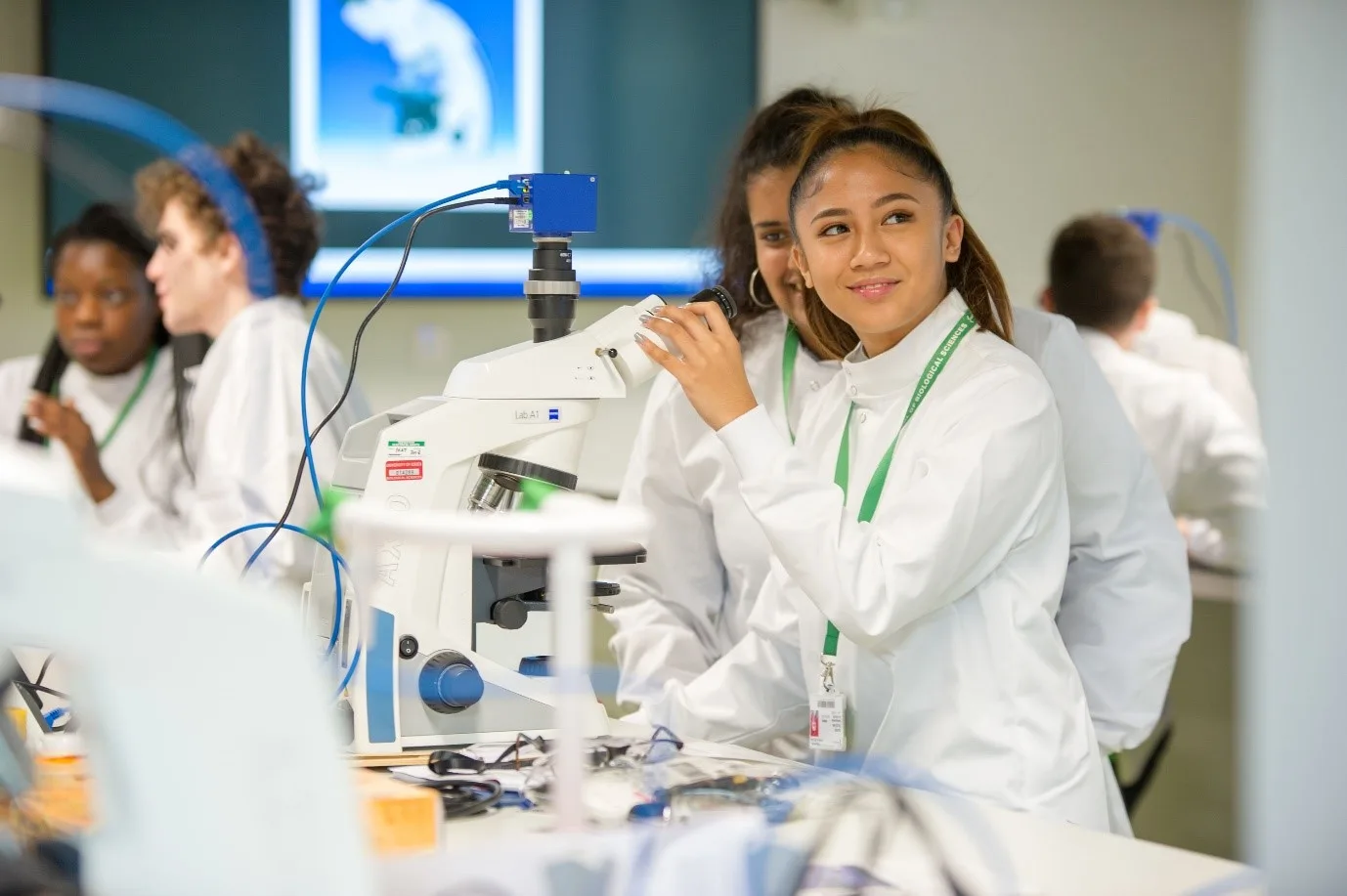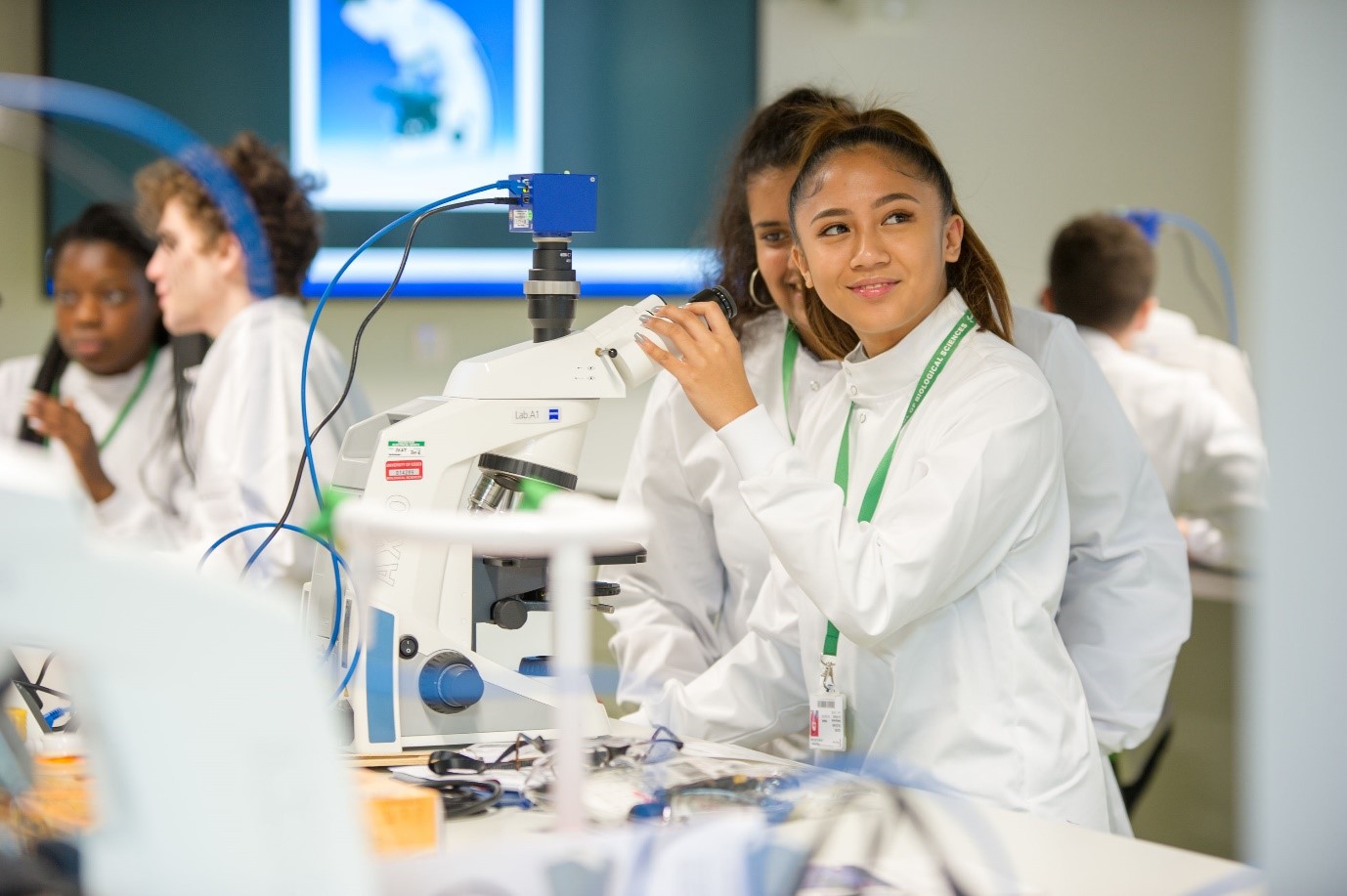
Thirteen innovative projects funded by a YUFE Diversity and Inclusivity (D&I) Grant have now been successfully completed. The projects were all bottom-up initiatives carried out by students, staff and alumni to promote diversity, inclusion and equity. Some of the highlights from these projects include:
Understanding the gender gap in science, technology, engineering and mathematics (STEM) in Higher Education
This project involved academics at the University of Essex and Carlos III University of Madrid (UC3M) collaborating to encourage more girls and women to look at careers in STEM. Both universities have groups promoting women in STEM – Women in Computer Science and Electronic Engineering at Essex and STEM for Girls UC3M which support women across all levels of the university and encourage women to study STEM careers.
Academics and staff worked together on this project by hosting online workshops and meetings where they shared experiences and identified areas of interest to increase the participation of women in STEM.
It was helpful and inspiring for both universities and they are now working on new initiatives to give women more opportunities to get involved in STEM events.
Decolonize the curriculum: A round table discussion between University of Bremen and University of Antwerp
Students and staff from the University of Bremen and the University of Antwerp have collaborated on a round table event which offered insights into the process of decolonising the university curriculum.
This event was live streamed on YouTube and the main speaker was Professor Gloria Wekker, an Afro-Surinamese Dutch emeritus professor from the University of Utrecht and writer whose extensive body of work has focused on colonialism, race, gender, sexuality and diaspora.
During this event, Professor Wekker spoke about the importance of creating space for divergent perspectives. She also spoke of the history and after-effects of colonisation and coloniality. In the final part of the event, participants looked at how to bring more awareness to the importance of the decolonisation process within the structure of European universities. The entire recording of the session can be found on the YUFE Alliance YouTube page.
Running at Walls: Consent through Creativity
Students and staff at the University of Essex developed two pilot workshops on sexual consent. The aim of their project is to help the university reflect upon current practices regarding sexual consent, sexual consent training and the intersection of different identities. They collaborated with Running at Walls, a company which specialises in creating interactive workshops that take creative approaches to exploring issues like consent.
Both workshops were created and delivered (one online, one face-to-face) to undergraduate students who then completed pre and post-test surveys on their understanding of sexual consent. The in-person workshop used theatre and creative writing to unpack ‘grey areas’ and address difficult questions surrounding sexual consent such as the power dynamics involved in ambiguous sexual situations.
Now this project has come to an end, the team are going to work further with the university on the consent training currently being delivered.

Refugee Rights Awareness Project
Students and staff at the University of Essex created an information booklet and podcast that informs settled refugees in England and Scotland of their immigration rights in the United Kingdom. This project involved the team developing, producing and disseminating information on healthcare, children and family matters, residency rights, housing, employment, taxation and government aid.
The team applied for this grant because they know that for many refugees, despite settling in the UK, they are still having a lot of difficulties in terms of access to practical information. The team also worked with Refugee, Asylum Seeker and Migrant Action (RAMA) in Colchester, which is a voluntary organisation whose overall aim is to help refugees and asylum seekers to integrate into their new community through empowerment, education and employment.
The booklet will now be sent to advice agencies around the country and to specific persons in need and the podcast is also available for all to listen to. Now this project has come to an end, the team have already started developing the work to create separate information booklets for different areas of immigration and asylum.


